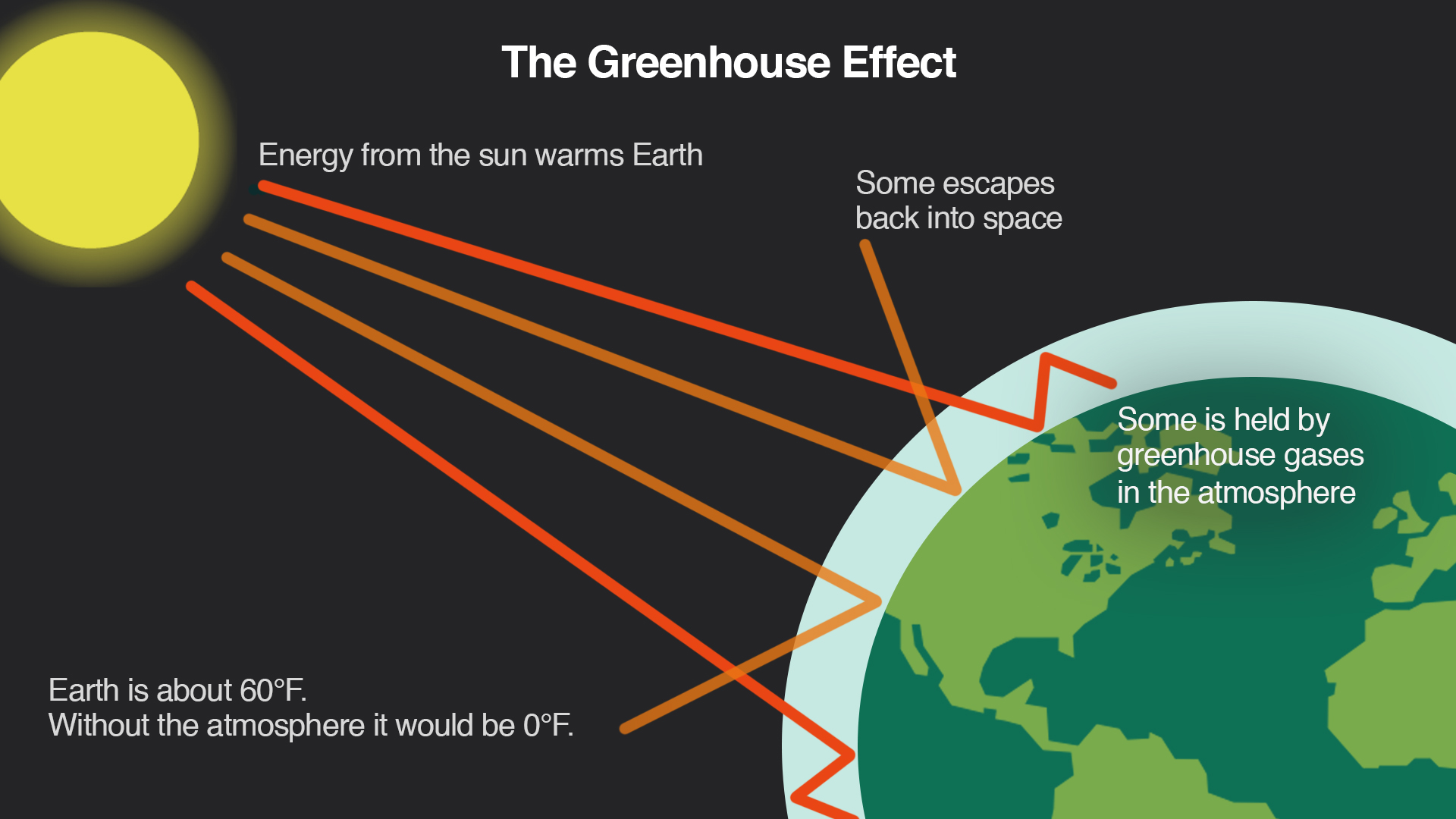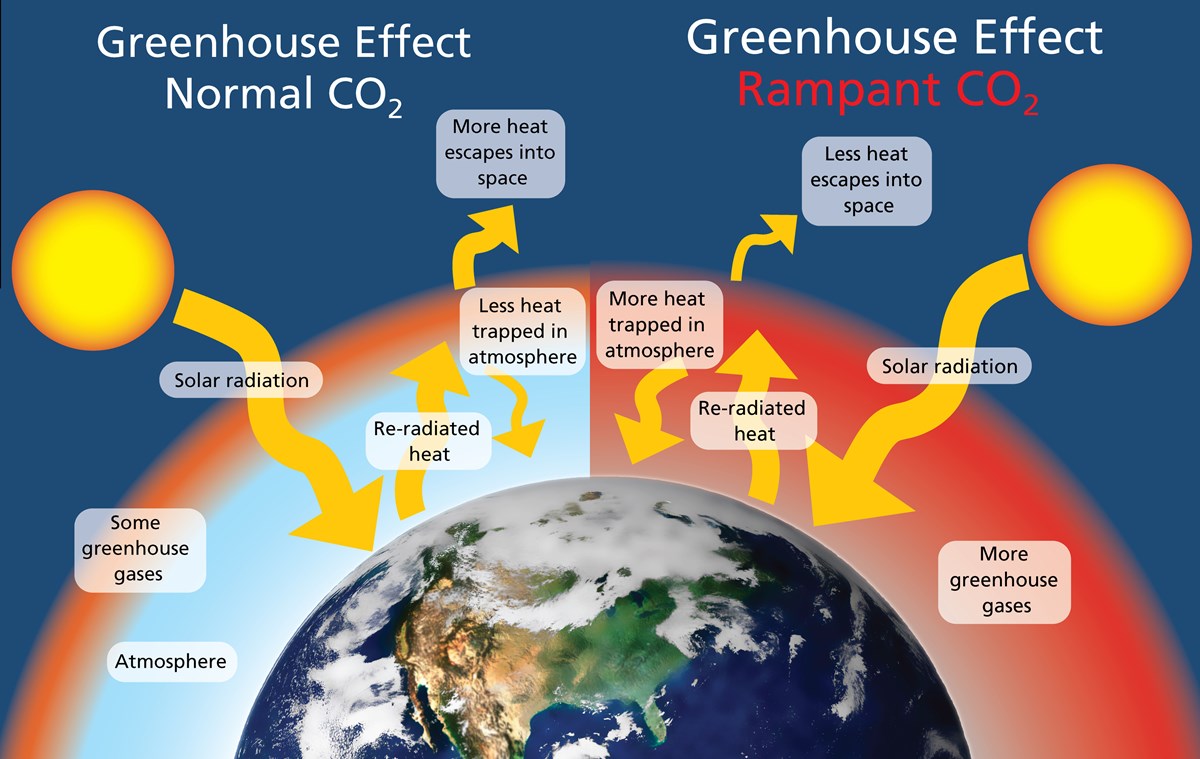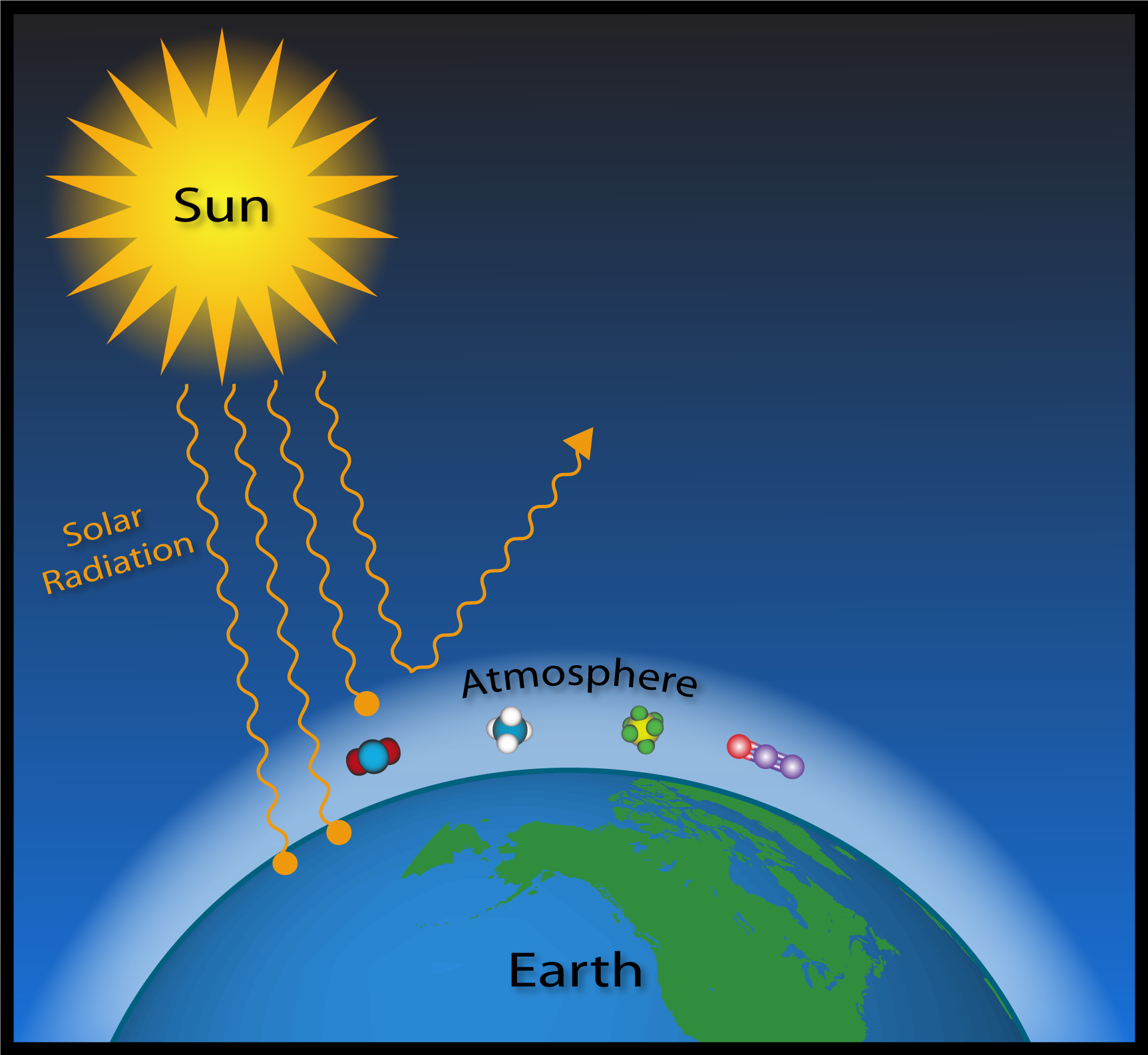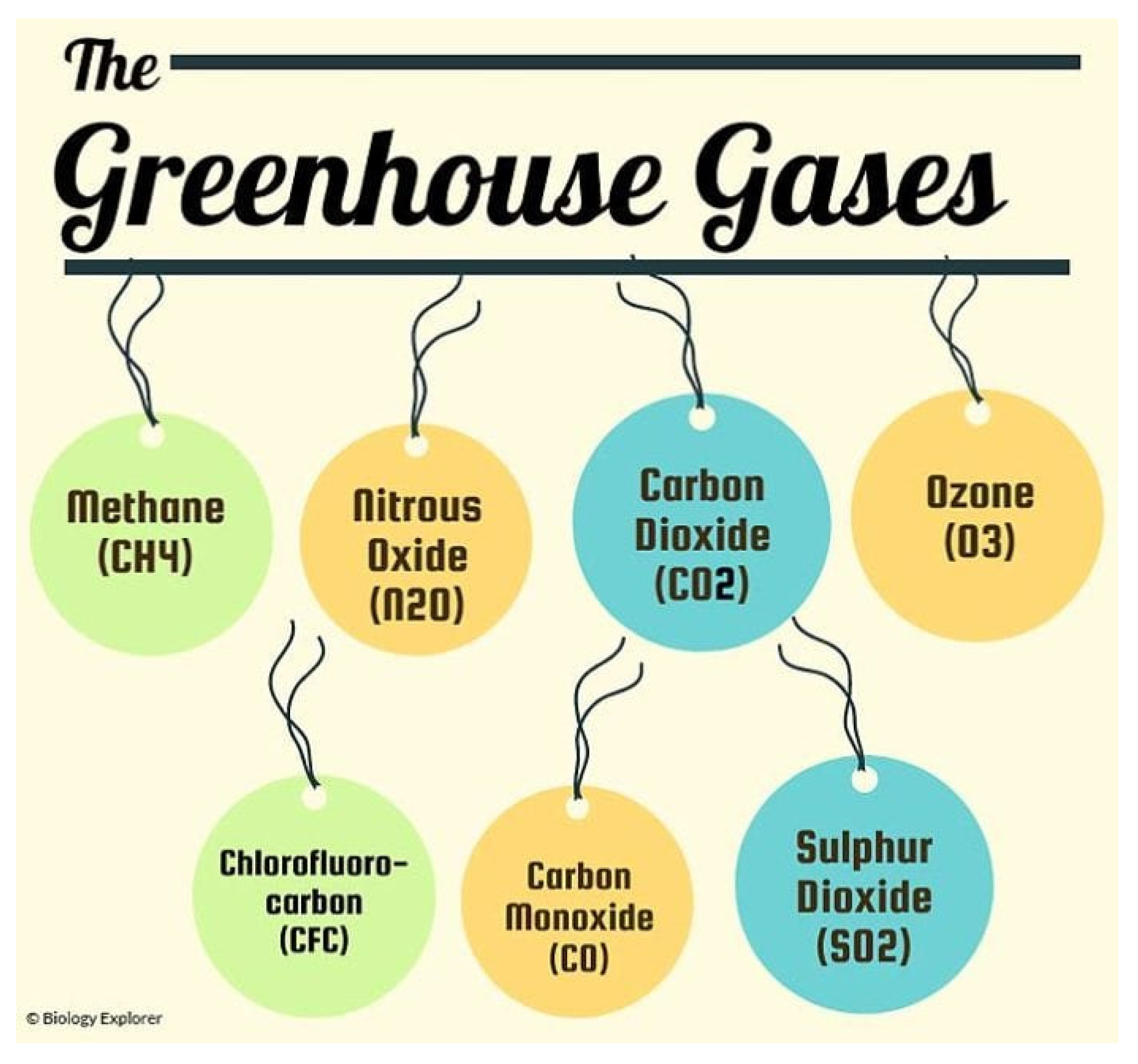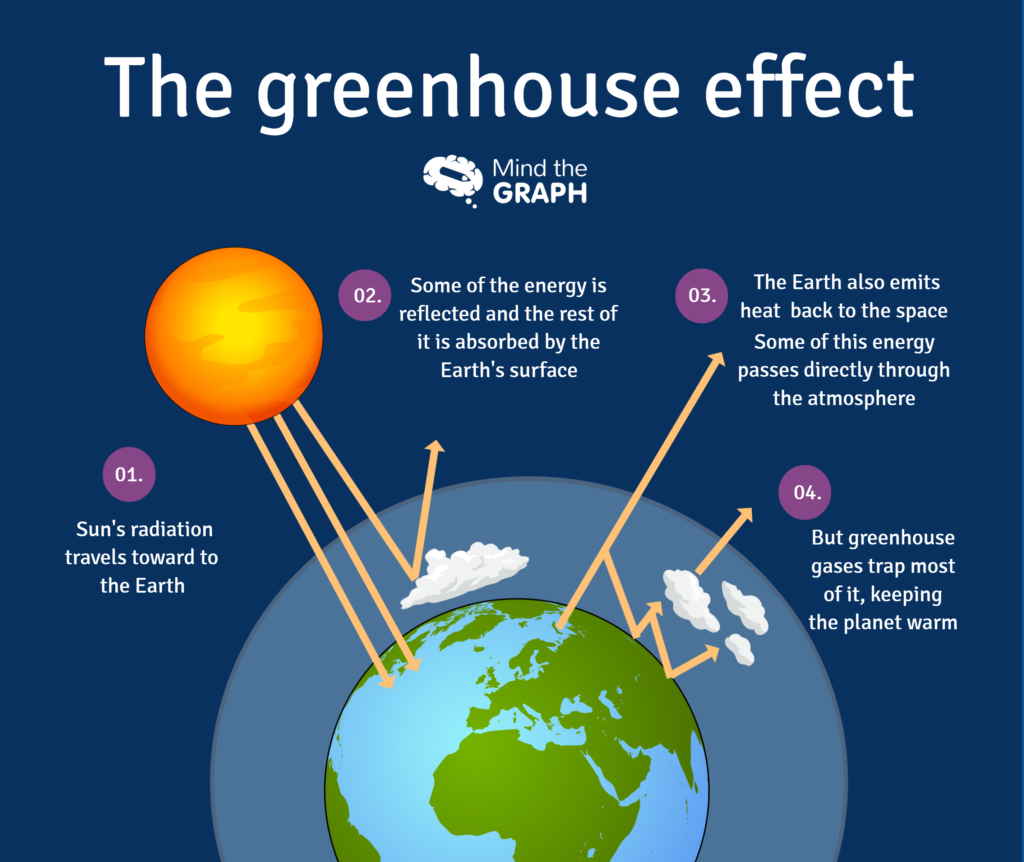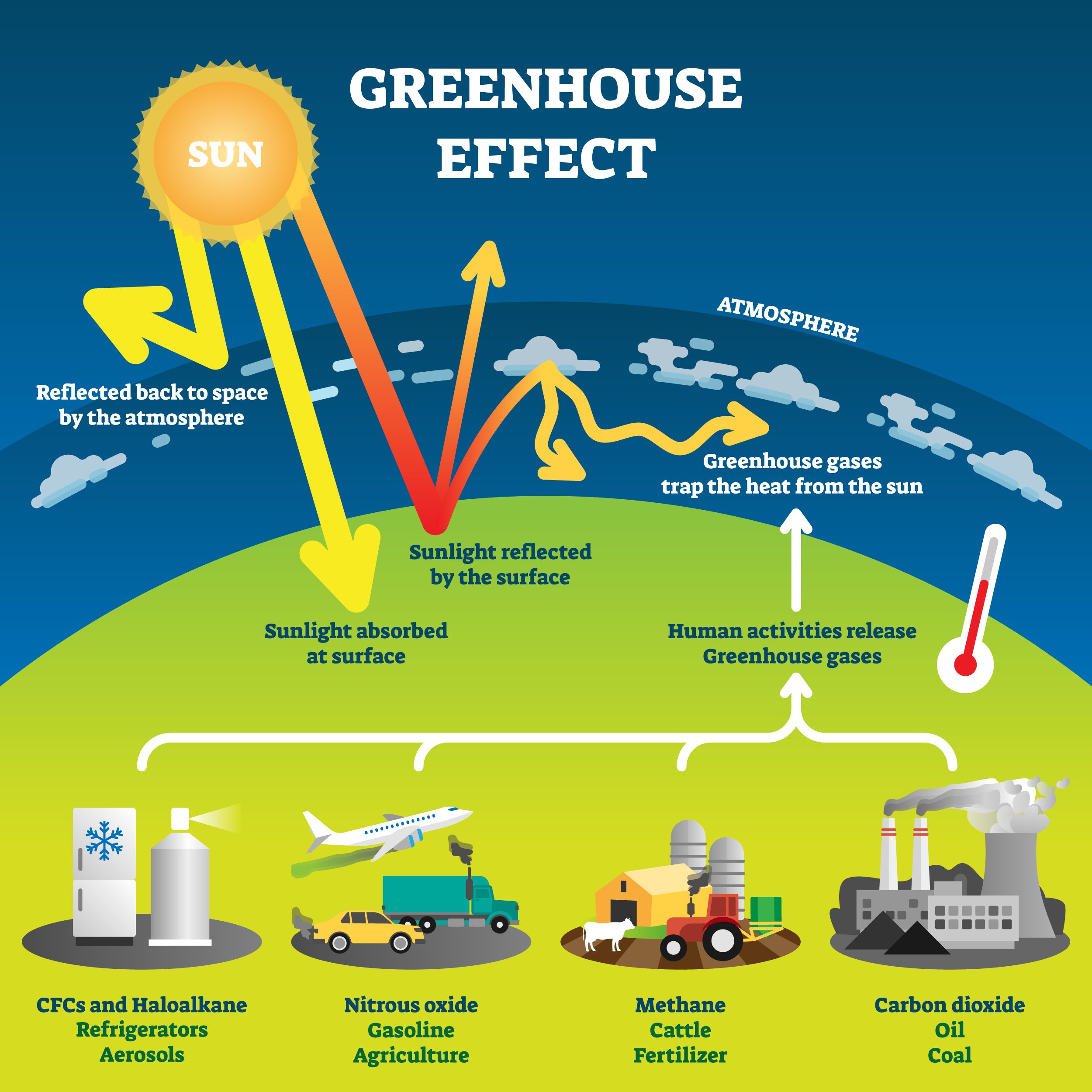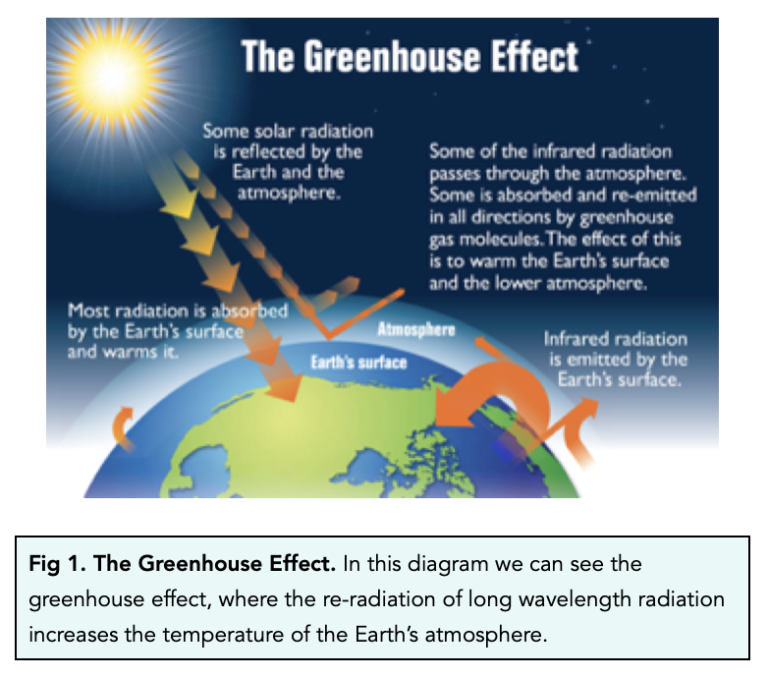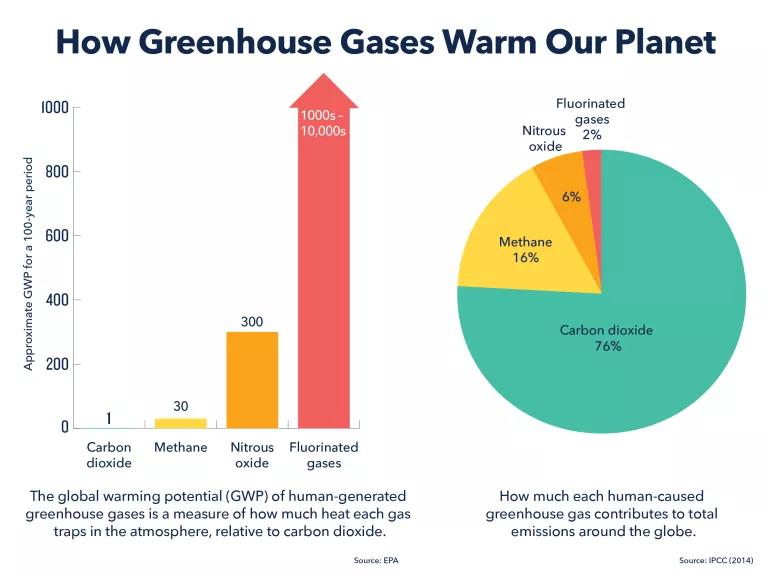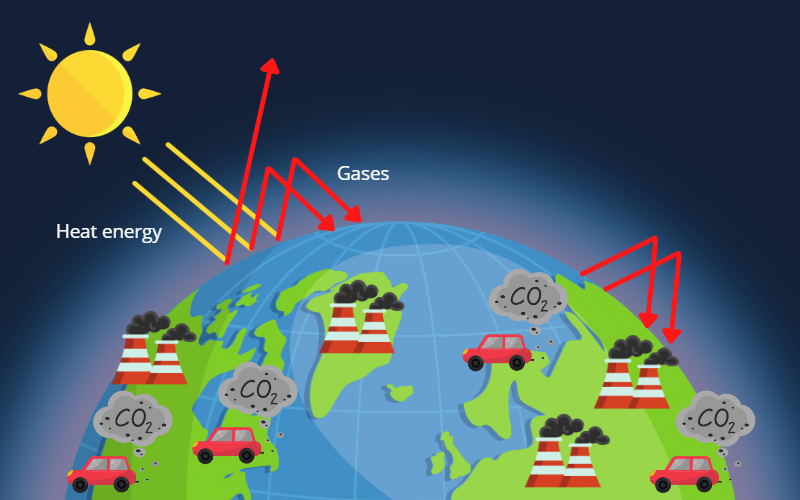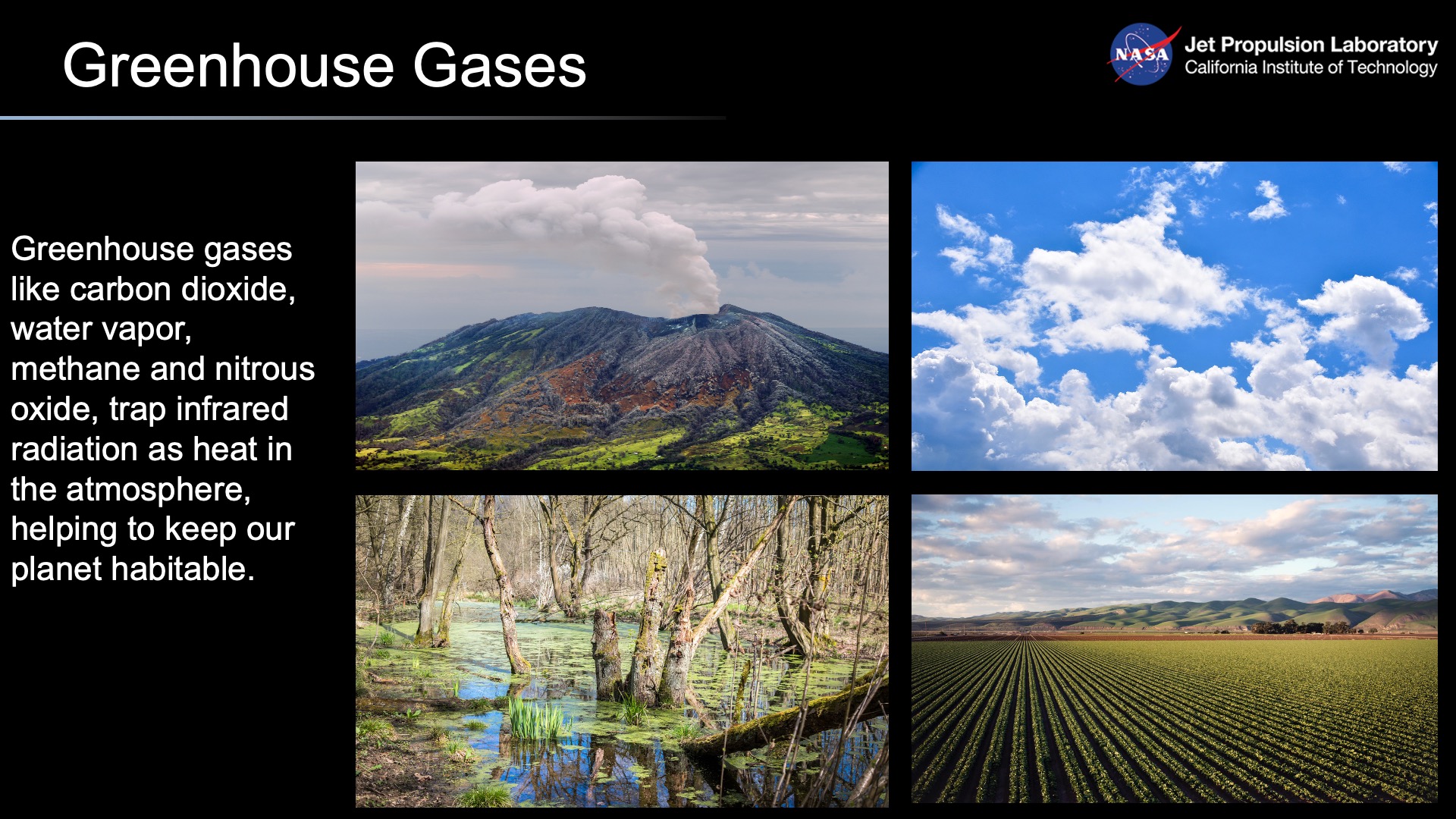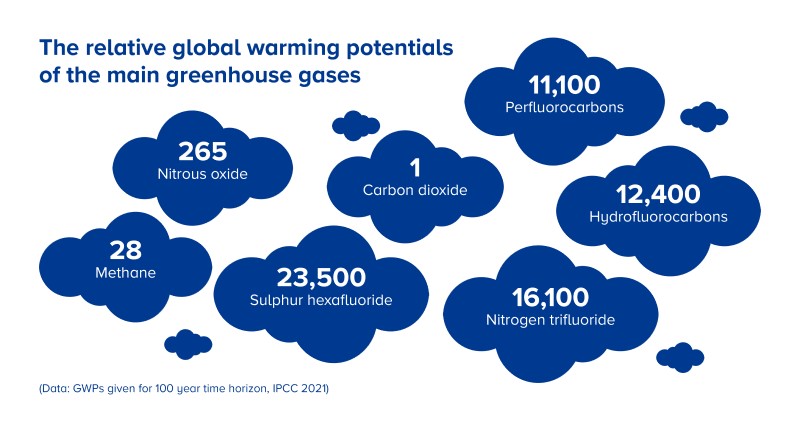Which Statement Is True Of Greenhouse Gases
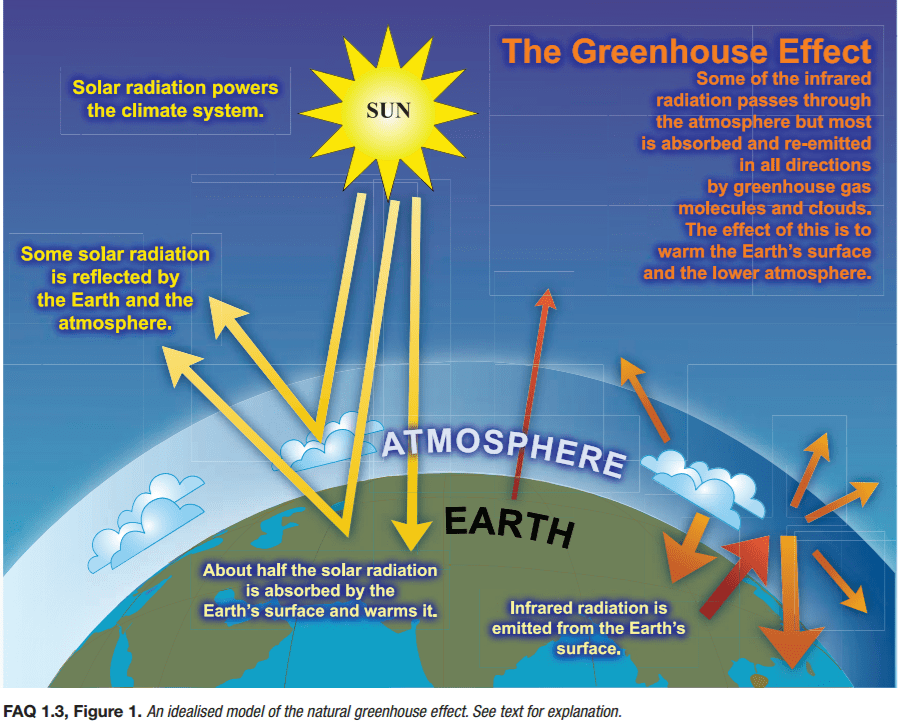
Urgent scientific consensus has solidified around a critical point: Greenhouse gases are unequivocally the primary driver of accelerated global warming. Mounting evidence demands immediate and decisive action to mitigate their escalating impact.
This article addresses the question of which statement accurately reflects the scientific understanding of greenhouse gases, clarifying their role in climate change and highlighting the urgent need for emissions reduction.
The Defining Characteristic: Heat Absorption
The defining characteristic of greenhouse gases is their ability to absorb and re-emit infrared radiation. This process traps heat within the Earth's atmosphere.
This phenomenon, while natural to some extent, is significantly amplified by human activities.
The increased concentration of these gases directly correlates with rising global temperatures.
Key Greenhouse Gases: A Lineup
Carbon dioxide (CO2) is the most prevalent greenhouse gas produced by human activities. Its primary sources include burning fossil fuels for electricity, transportation, and industrial processes.
Methane (CH4) is another potent gas, with sources including agriculture, natural gas and petroleum production.
Nitrous oxide (N2O), produced from agricultural and industrial activities, and fluorinated gases used in various applications, also significantly contribute to the greenhouse effect.
The Statement of Truth: Amplified Warming
The truthful statement regarding greenhouse gases is this: Increased concentrations of greenhouse gases in the atmosphere directly cause an increase in the amount of heat trapped, leading to global warming and climate change.
This is not speculation, but a conclusion based on decades of rigorous scientific research and observation.
Numerous scientific studies have confirmed the relationship between greenhouse gas concentrations and global temperature increases.
The IPCC's Unwavering Stance
The Intergovernmental Panel on Climate Change (IPCC), the leading international body for assessing climate change, has repeatedly affirmed this link.
Their reports, compiled by thousands of scientists worldwide, provide comprehensive assessments of the science of climate change.
The IPCC's findings are clear: human activities are unequivocally the dominant cause of observed warming since the mid-20th century.
Addressing Common Misconceptions
It is crucial to dispel misinformation surrounding greenhouse gases.
While natural variations in the Earth's climate exist, they cannot account for the rapid warming observed in recent decades.
The scale and pace of current warming are unprecedented, directly attributable to human-induced greenhouse gas emissions.
Data-Driven Evidence: The Numbers Speak
Data from organizations like the National Oceanic and Atmospheric Administration (NOAA) and NASA show a clear correlation between rising CO2 levels and global temperature increases.
Since the Industrial Revolution, atmospheric CO2 concentrations have increased by over 50%, reaching levels not seen in at least 800,000 years.
This increase has led to a global average temperature rise of approximately 1 degree Celsius (1.8 degrees Fahrenheit), with far-reaching consequences.
Consequences and Impacts
The consequences of unchecked greenhouse gas emissions are already being felt worldwide.
Rising sea levels, more frequent and intense heatwaves, altered precipitation patterns, and increased ocean acidification are all observable effects.
These changes threaten ecosystems, human health, and global economies.
The Path Forward: Mitigation and Adaptation
Addressing this crisis requires a two-pronged approach: mitigation and adaptation.
Mitigation involves reducing greenhouse gas emissions through transitioning to renewable energy sources, improving energy efficiency, and implementing sustainable land management practices.
Adaptation involves preparing for the impacts of climate change that are already unavoidable, such as building more resilient infrastructure and developing drought-resistant crops.
Global Collaboration: A Necessity
International cooperation is essential to effectively tackle climate change.
Agreements like the Paris Agreement provide a framework for countries to set emissions reduction targets and work together to achieve them.
However, stronger commitments and more ambitious action are needed to limit warming to 1.5 degrees Celsius, as recommended by the IPCC.
Next Steps: Urgent Action Required
The scientific community is united in its assessment of greenhouse gases and their impact on the climate.
The challenge now lies in translating this knowledge into meaningful action.
Governments, businesses, and individuals must prioritize emissions reductions and invest in climate resilience to safeguard the future.
